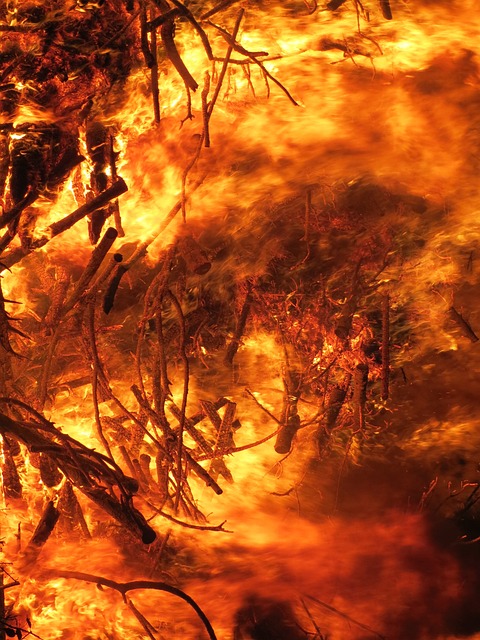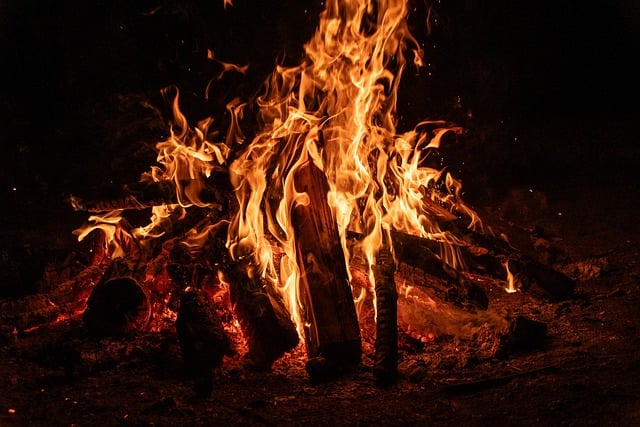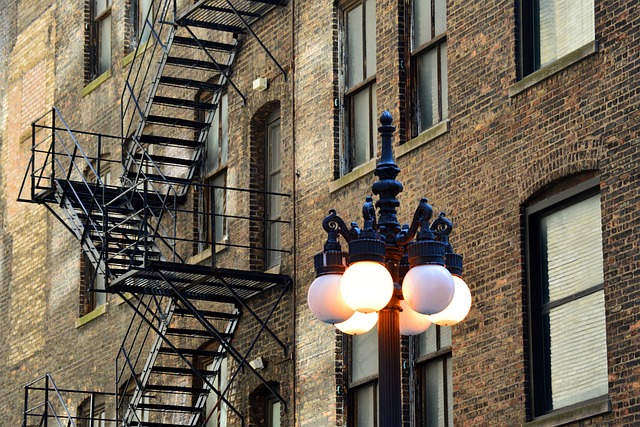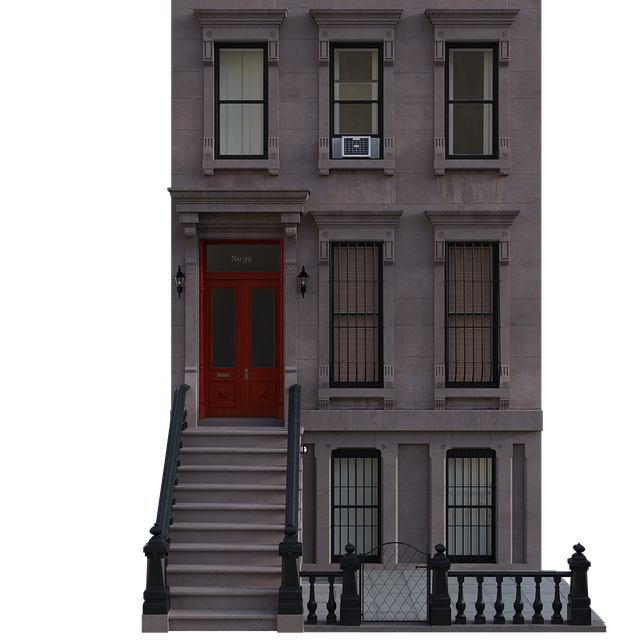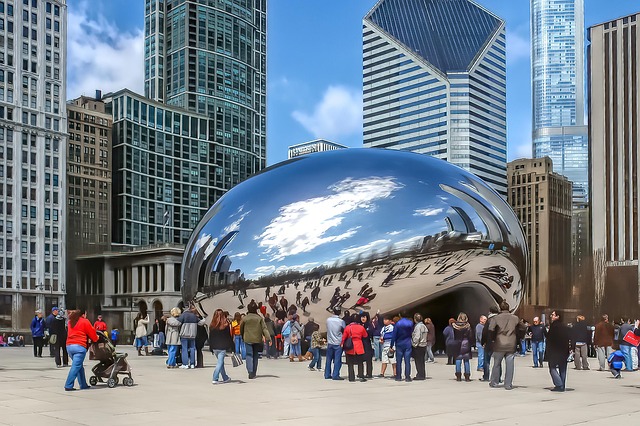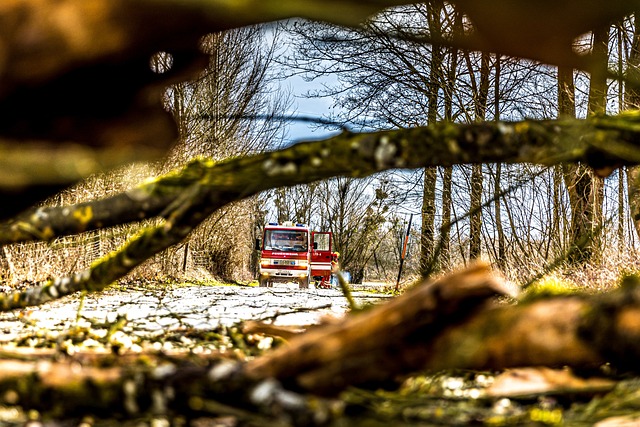Chicago's real estate market presents dynamic opportunities for investors, with rising property values and lucrative reconstruction prospects, especially after fires. Investing in fire-damaged properties offers short-term gains and long-term growth, stimulating local development and economic growth. Navigating the unique challenges involves strategic assessment of repair costs, accurate pricing, and transparent communication about damage history. Targeting growth areas and focusing on renovations can lead to significant financial returns, making Chicago an ideal location for investors looking to buy and sell fire-damaged houses.
Chicago’s real estate market offers both seasoned investors and newcomers a dynamic landscape teeming with opportunities. This article delves into the thriving scene, exploring the city’s unique trends and the significant economic boost contributed by real estate investors. From navigating the challenges of purchasing fire-damaged properties—a prevalent issue in certain Chicago neighborhoods—to unlocking successful investment strategies, this guide equips you with the insights needed to thrive in the heart of the Midwest’s most vibrant market. Learn how your investment decisions can positively impact local communities, even when acquiring and revitalizing damaged homes like those affected by fires.
- Understanding the Chicago Real Estate Market: Trends and Opportunities
- The Role of Investors in the Local Economy: A Positive Impact
- Navigating Challenges: Buying and Selling Fire-Damaged Properties
- Strategies for Successful Investment in Chicago's Real Estate Scene
Understanding the Chicago Real Estate Market: Trends and Opportunities
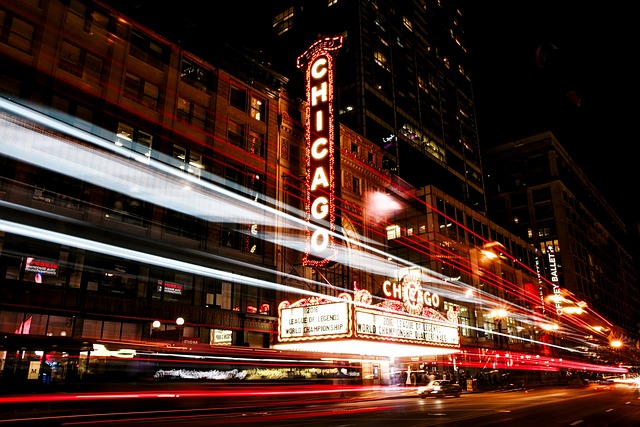
The Chicago real estate market is known for its dynamic nature, presenting investors with both challenges and significant opportunities. Understanding the current trends is crucial for success in this competitive environment. Over the past few years, the city has witnessed a steady rise in property values, driven by a robust economy and a growing population. This surge has particularly impacted the residential sector, making it an attractive option for real estate investors. One notable area of interest is the post-fire reconstruction market, especially when it comes to selling a fire damaged house Chicago.
The city’s history with fires, such as the Great Chicago Fire in 1871, has left a lasting impact on its landscape, creating opportunities for redevelopment. Investors can find lucrative deals by purchasing fire-damaged properties at discounted prices and rehabilitating them, either to rent out or resell once the area has fully recovered. This process not only contributes to urban renewal but also offers substantial returns on investment. With careful navigation of market trends and a keen eye for potential, Chicago presents an exciting prospect for real estate investors seeking both short-term gains and long-term investments.
The Role of Investors in the Local Economy: A Positive Impact
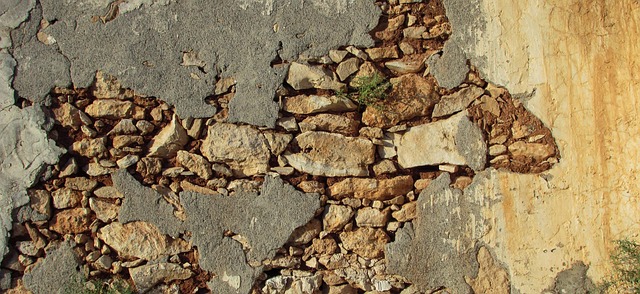
Real estate investors play a pivotal role in shaping the economic landscape of Chicago, and their presence has a profoundly positive impact on various aspects of the local community. One significant contribution is the revitalization of neighborhoods, especially through the redevelopment of distressed properties. Investors who specialize in purchasing fire-damaged houses in Chicago are instrumental in turning around areas that might have been left to deteriorate. By rehabilitating these properties and putting them back on the market, they stimulate the local housing sector, create jobs, and increase property values in the vicinity.
Moreover, these investors inject capital into the city’s economy, which leads to an upsurge in construction, design, and related industries. The process of buying, renovating, and reselling properties not only generates tax revenue for the city but also fosters a cycle of economic growth that benefits local businesses and residents alike. Their activities contribute to the overall vibrancy of Chicago, making it an attractive destination for both new businesses and residents, especially when there’s a focus on revitalizing areas through strategies like selling a fire damaged house Chicago.
Navigating Challenges: Buying and Selling Fire-Damaged Properties

Navigating Challenges: Buying and Selling Fire-Damaged Properties in Chicago
In Chicago, buying and selling a fire-damaged house presents unique challenges for real estate investors. After a fire, properties often require significant repairs, which can be costly and time-consuming. Investors need to carefully assess the extent of damage and consider potential renovation costs before making an offer. Additionally, the process of insuring a fire-damaged property might face complexities, affecting overall investment returns.
Selling a fire-damaged house in Chicago also demands strategic marketing and transparency. Sellers should disclose all relevant information about the incident to potential buyers, fostering trust and avoiding legal issues later. The right pricing strategy is crucial; while repairs can enhance the property’s value, initial costs and market perception may impact the final sale price. Profitable selling requires a balanced approach that accounts for both renovation expenses and the potential increase in property value post-renovation.
Strategies for Successful Investment in Chicago's Real Estate Scene
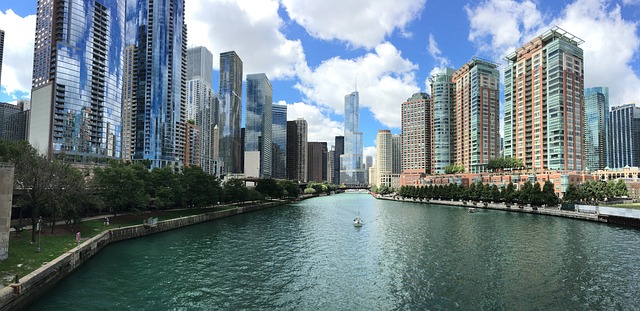
Navigating Chicago’s real estate scene requires a strategic approach, especially for investors looking to thrive in this competitive market. One unique opportunity lies in acquiring and renovating fire-damaged properties, a niche that can offer significant returns while addressing a pressing local issue. Investors can identify distressed homes affected by fires and transform them into modern, desirable residences, catering to the city’s diverse population. This strategy not only contributes to community revitalization but also provides an avenue for financial gain.
By focusing on areas with potential for growth, such as neighborhood revitalizations or upcoming transportation developments, investors can anticipate property value increases over time. Additionally, Chicago’s robust real estate market trends and supportive regulatory environment make it an attractive location for long-term investment. With careful analysis of market dynamics, investment in fire-damaged properties can be a game-changer, allowing investors to sell renovated homes at premium prices or rent them out at competitive rates.
Chicago’s real estate market presents a dynamic landscape of opportunities for investors, with its unique trends and positive economic impact. While challenges like navigating fire-damaged properties exist, understanding local dynamics and implementing strategic approaches can lead to successful investments. For those considering selling a fire-damaged house in Chicago, the market’s resilience and potential for growth offer encouraging signs. By adopting proven strategies discussed in this article, investors can capitalize on Chicago’s real estate scene and contribute to its ongoing development.
